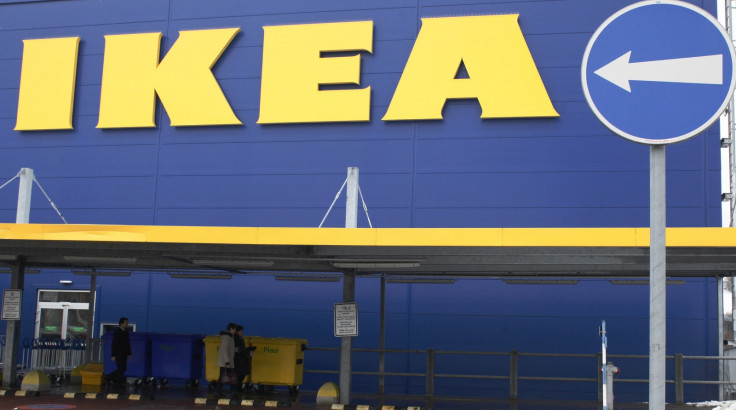Ikea to pay more than the living wage to all 9,000 UK workers

Iconic Swedish furniture store Ikea announced it will pay more than the national living wage to all its 9,000 UK employees in 2016.
The furniture giant said it would pay London employees £9.15 (€13.18, $14.28) an hour, and workers outside the capital £7.85, which is 65p more than the new compulsory living wage imposed by chancellor George Osborne in his 2015 Summer Budget.
The rate set by Ikea represents an annually adjusted living wage advised by the Living Wage Foundation.
People from the foundation and other organisations have increased pressure on big corporations over the last months to lobby for a real living wage for employees.
The Swedish chain already announced it would raise its minimum wage in the US for its shop floor employees to $10.76.
In the UK, Ikea has about 9,000 employees, and an estimated half of these will see their wages rise because of the new policy.
The decision by the chancellor to hike the minimum wage to a living wage has been received with mixed reactions. Some big names in the industry have protested the living wage employers would have to pay out, while others have said it was still too low, especially in the capital.
Director of the Living Wage Foundation, Rhys Moore, said in a statement that he questions if it was even really a living wage. He said: "Without a change of remit for the Low Pay Commission this is effectively a higher national minimum wage and not a living wage."
Other UK companies have come under fire as pressure groups try to get more than the approximate quarter of FTSE 100 companies to hike the wage. In June, the living wage dominated the conversation at Tesco's annual general meeting, after protesters had bought shares to join the discussion between shareholders and the retailer's board.
Matt Davis, director of communications at responsible investment charity ShareAction, told IBTimes UK in June: "Our view is that raising these issues at the AGMs of these companies, we have an opportunity to have the dialogue directly with the people who make the decision, so it is a David and Goliath setting."
"It is time for some of the big household name retailers to show a lead on this issue too," he added.
© Copyright IBTimes 2025. All rights reserved.






















